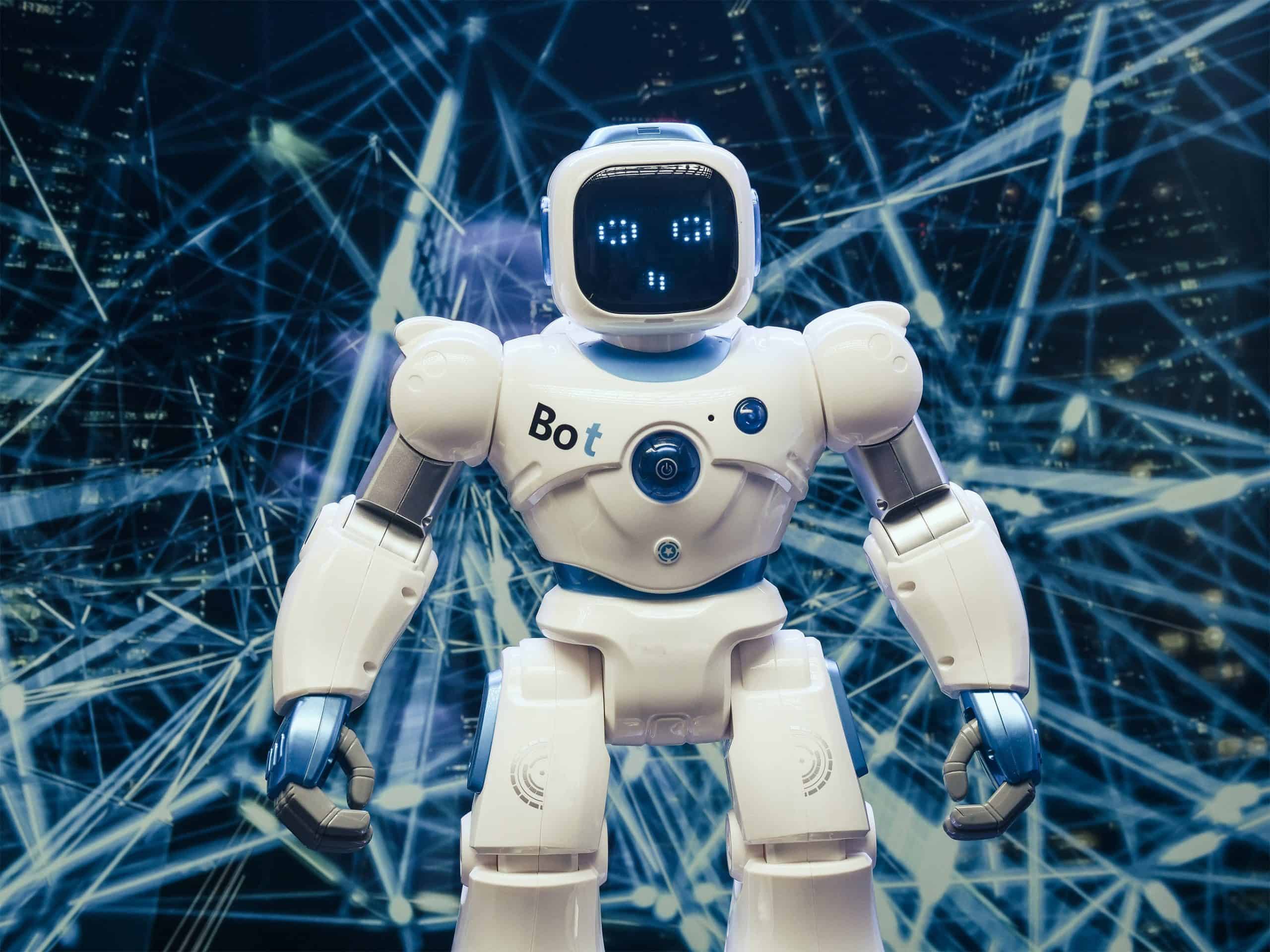There have been a lot of conversations about AI taking our jobs; what if I told you that isn’t happening? Not yet, at least.
Artificial intelligence has unquestionably transformed many industries, displaying its potential to automate tasks and enhance productivity. As AI technologies continue to advance, concerns about job displacement have come to light. The assumption that artificial intelligence will ultimately replace human workers is premature and baseless.

In this blog post, we will delve into why human skills and expertise are irreplaceable and explore AI’s unique abilities and limitations.
1. Critical Thinking and Complex Decision-Making
AI systems may excel in processing vast amounts of data but lack the capacity for complex decision-making and critical thinking like humans. A lot of jobs require intuition, subjective judgment, and the ability to analyze information within a broader context.
Humans possess emotional intelligence, empathy, and creativity, which remain primarily exclusive to humans. these qualities are prerequisites in fields like law, healthcare, and social services. Artificial intelligence assists in providing data and recommendations, but humans ultimately have the final say in decision-making. It is improbable for AI to replace human workers entirely.
2. Creativity and Innovations
One unique human attribute is creativity, and this creativity drives innovations and problem-solving. it involves thinking outside the box, generating novel ideas, and connecting disparate ideas. Artificial intelligence cannot replicate the true essence of human creativity regardless of its ability to assist in generating ideas or providing inspiration.
Industries like marketing, design, scientific research, and content creation rely on human imagination to stand out, and humans will continue to play an irreplicable role in these domains.
3. Emotional Intelligence and Empathy
Emotional intelligence is one of the most profound human qualities, the ability to understand and respond to emotions. Professionals working with people must feel empathy and compassion; in professions such as counselling, customer service, and leadership roles, empathy and compassion are crucial.
While artificial intelligence has made strides in language processing and sentimental analysis, it is far from replicating the depth of human empathy. Providing personalized support and connecting on an emotional level with customers remains an inherent human trait that Artificial intelligence cannot wholly replicate.
4. Adaptability and Learning
For rule-based and well-defined tasks, AI systems excel in them, where they can process large amounts of data and identify patterns. However, AI systems struggle when confronted with unexpected or new situations. Humans possess the ability to learn from experience, which helps us adapt quickly to changes and acquire new skills. Humans can upskill and reskill, transitioning to new fields, and can fill the gaps left by automation; this shows our continued relevance in workforces.
5. Ethical and Social Considerations

The introduction of AI into our society has raised important social and ethical considerations. AI systems must be unbiased, transparent, and accountable and operate within ethical guidelines. Human judgment is crucial in assessing artificial intelligence’s impact on society and ensuring that it aligns with our goals and values.
Human oversight and decision-making skills are required for ethical considerations surrounding privacy, security, and the responsible use of AI. The role of humans in making sure the ethical deployment of AI technologies cannot be replaced.
6. New Job Opportunities
Technological advancements have created new job opportunities rather than taking them away completely. While some jobs may become old-fashioned, artificial intelligence generates a demand for new roles that complement its capabilities. The improvement, development, and maintenance of AI systems require human expertise, creating avenues for employment in fields like AI engineering, data science, and machine learning.
7. Trust and Acceptance
The huge acceptance of AI in various sectors and industries may face resistance from individuals who are sceptical about depending solely on automated systems. And honestly, building trust and acceptance among employees and the general public will take a long time.
8. Cost and Implementation Challenges
An organization to successfully develop and deploy AI systems requires significant investment in infrastructure, data collection, storage, and skilled manpower. Maintaining and implementing AI systems can be very expensive and complex. Small-scale businesses may find it hard to merge AI into their operations, making it almost impossible for artificial intelligence to replace human expertise.
Conclusion
Contrary to the narrative surrounding AI and taking our jobs, the truth is that artificial intelligence will not take our jobs yet. Rather than being afraid of this transformative technology, we should accept it as a tool that empowers us to tackle challenging and rewarding tasks. AI systems lack the qualities that make humans unique beings, such as creativity, decision-making, adaptability, intelligence, and ethical considerations. I mean, humans created AI.
Plus, it is also important to note that the impact of artificial intelligence on the digital market can vary across industries and job roles. So, a collaboration between humans and AI will likely shape the future of work.
Artificial intelligence has the potential to enhance human capabilities, which helps to increase productivity and improve outcomes across various sectors. moving forward, it is essential to recognize the synergic potential of humans and AI, utilizing their respective strengths to create a more inclusive future. so, for now, rest.



